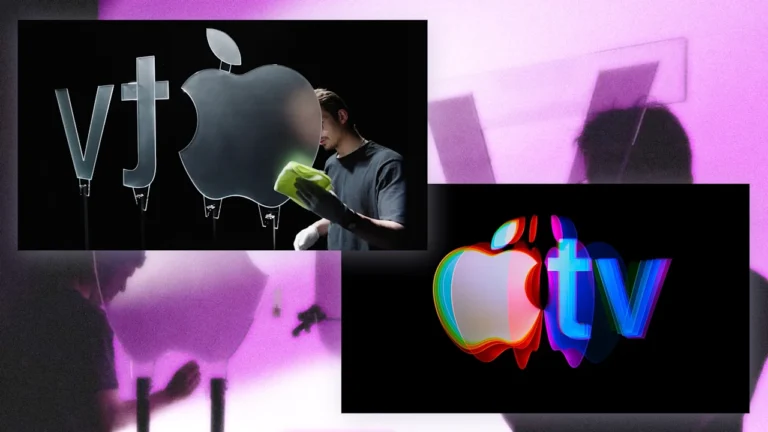Maskot/Getty Images
- “Vibe-coding” is Collins Dictionary’s “word of the year” for 2025.
- Collins Dictionary classifies it as a noun, not a verb.
- The term was originally coined by OpenAI cofounder Andrej Karpathy in February.
AI is changing everything — including the English lexicon.
Andrej Karpathy, the OpenAI cofounder and former AI director at Tesla, coined the term “vibe-coding” in a post on X in February. Nine months later, it’s an official word in the dictionary.
“There’s a new kind of coding I call “vibe coding” where you fully give in to the vibes, embrace exponentials, and forget that the code even exists,” Karpathy wrote.
“It’s possible because the LLMs (e.g. Cursor Composer w Sonnet) are getting too good,” he added.
Since then, vibe-coding has not only become a bona fide word in tech circles, but a legitimate skill that can command sizable salaries.
Collins Dictionary, a dictionary now published by Harper Collins with a more than 200-year history, named vibe-coding its 2025 word of the year this week.
Collins categorizes it as a noun, and a slang term, and defines it as “the use of artificial intelligence prompted by natural language to assist with the writing of computer code.”
Over the past year, vibe-coding has become the standard for experienced and novice coders alike to approach their work, whether that’s building new apps or testing out concepts at companies.
Companies building vibe-coding platforms have also won sizable funding rounds from Silicon Valley’s top investors.
Lovable, founded in 2023, announced a $200 million Series A raise at a $1.8 billion valuation led by Accel in July. In September, Replit announced a $250 million funding round at $3 billion valuation led by Prysm Capital. That month, Vercel also announced a $300 million round at a $9.3 billion valuation, also led by Accel.
